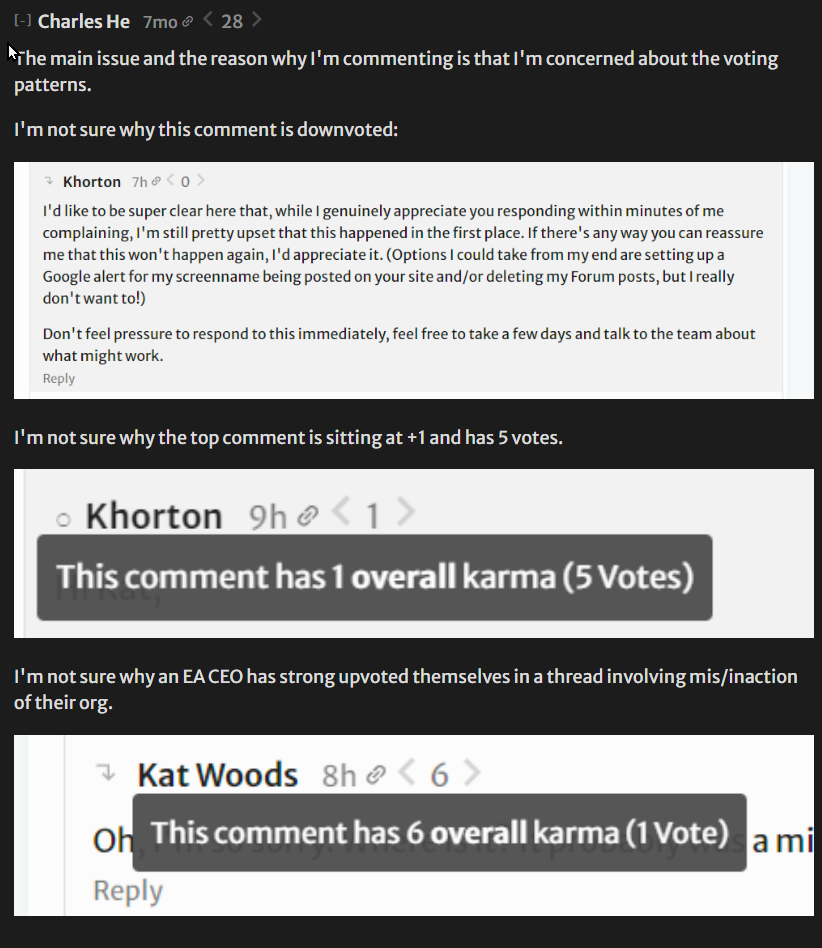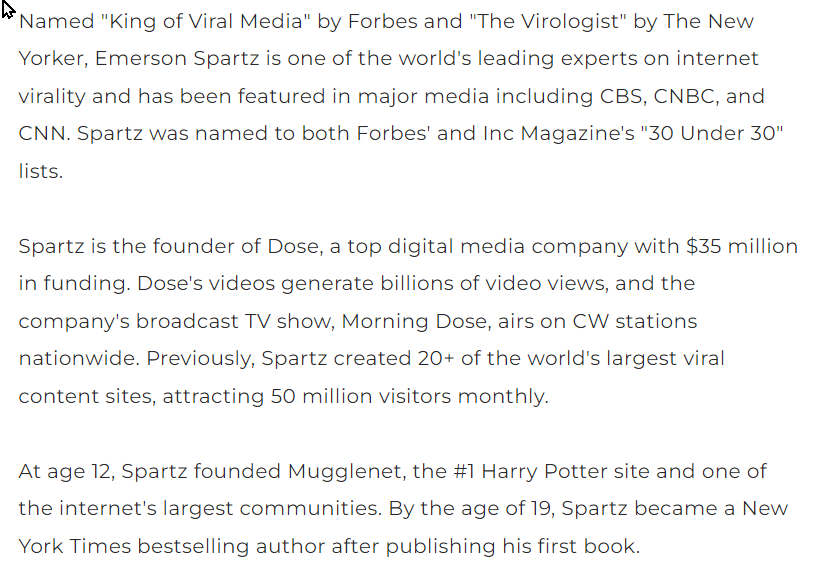"Part one of our challenge is to solve the technical alignment problem, and that’s what everybody focuses on, but part two is: to whose values do you align the system once you’re capable of doing that, and that may turn out to be an even harder problem", Sam Altman, OpenAI CEO (Link).
In this post, I argue that:
1. "To whose values do you align the system" is a critically neglected space I termed “Moral Alignment.” Only a few organizations work for non-humans in this field, with a total budget of 4-5 million USD (not accounting for academic work). The scale of this space couldn’t be any bigger - the intersection between the most revolutionary technology ever and all sentient beings. While tractability remains uncertain, there is some promising positive evidence (See “The Tractability Open Question” section).
2. Given the first point, our movement must attract more resources, talent, and funding to address it. The goal is to value align AI with caring about all sentient beings: humans, animals, and potential future digital minds. In other words, I argue we should invest much more in promoting a sentient-centric AI.
The problem
What is Moral Alignment?
AI alignment focuses on ensuring AI systems act according to human intentions, emphasizing controllability and corrigibility (adaptability to changing human preferences). However, traditional alignment often ignores the ethical implications for all sentient beings. Moral Alignment, as part of the broader AI alignment and AI safety spaces, is a field focused on the values we aim to instill in AI. I argue that our goal should be to ensure AI is a positive force for all sentient beings.
Currently, as far as I know, no overarching organization, terms, or community unifies Moral Alignment (MA) as a field with a clear umbrella identity. While specific groups focus individually on animals, humans, or digital minds, such as AI for Animals, which does excellent community-building work around AI and animal welfare while






More minorly, they also manipulate things like voting scores on the EA forum (and pay a lot of attention to online presence).
More substantively but with greater uncertainly:
Back in 2021, there were a bunch of potential EA meta orgs, that are essentially natural monopolies, there can only be one. As another feature, these meta EA orgs naturally have to attract/involve a lot of EA resources and talent. The nature of these potential orgs is that they have less legible or viewable output (than say, distributing mosquito nets or producing research).
1+ grantmakers at a major EA grantmaking organization said it's known people didn't have ideal views on them (but suggested I meet with Kat because we had to, they were in the space).
After the meeting, I got a bit of an elbowing/redirection vibe, which in hindsight was extremely not justifiable by their output.